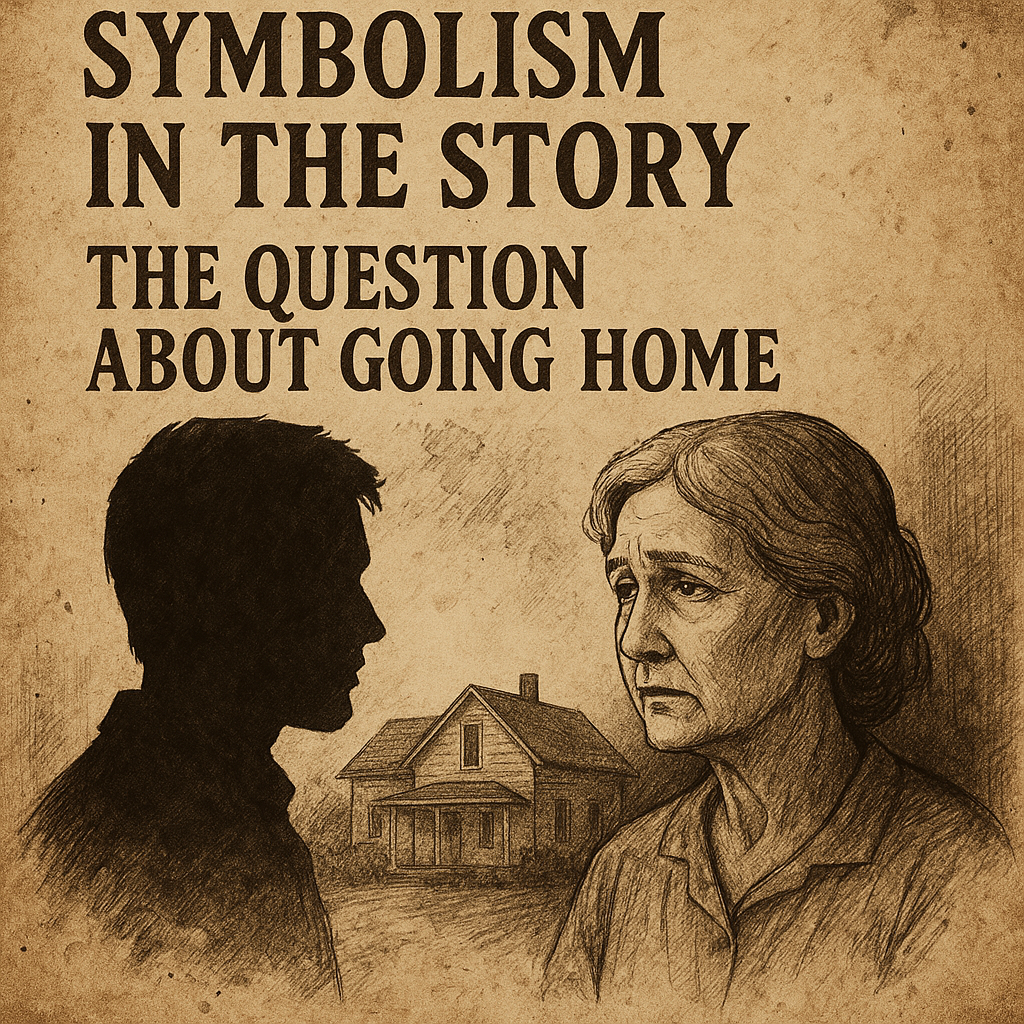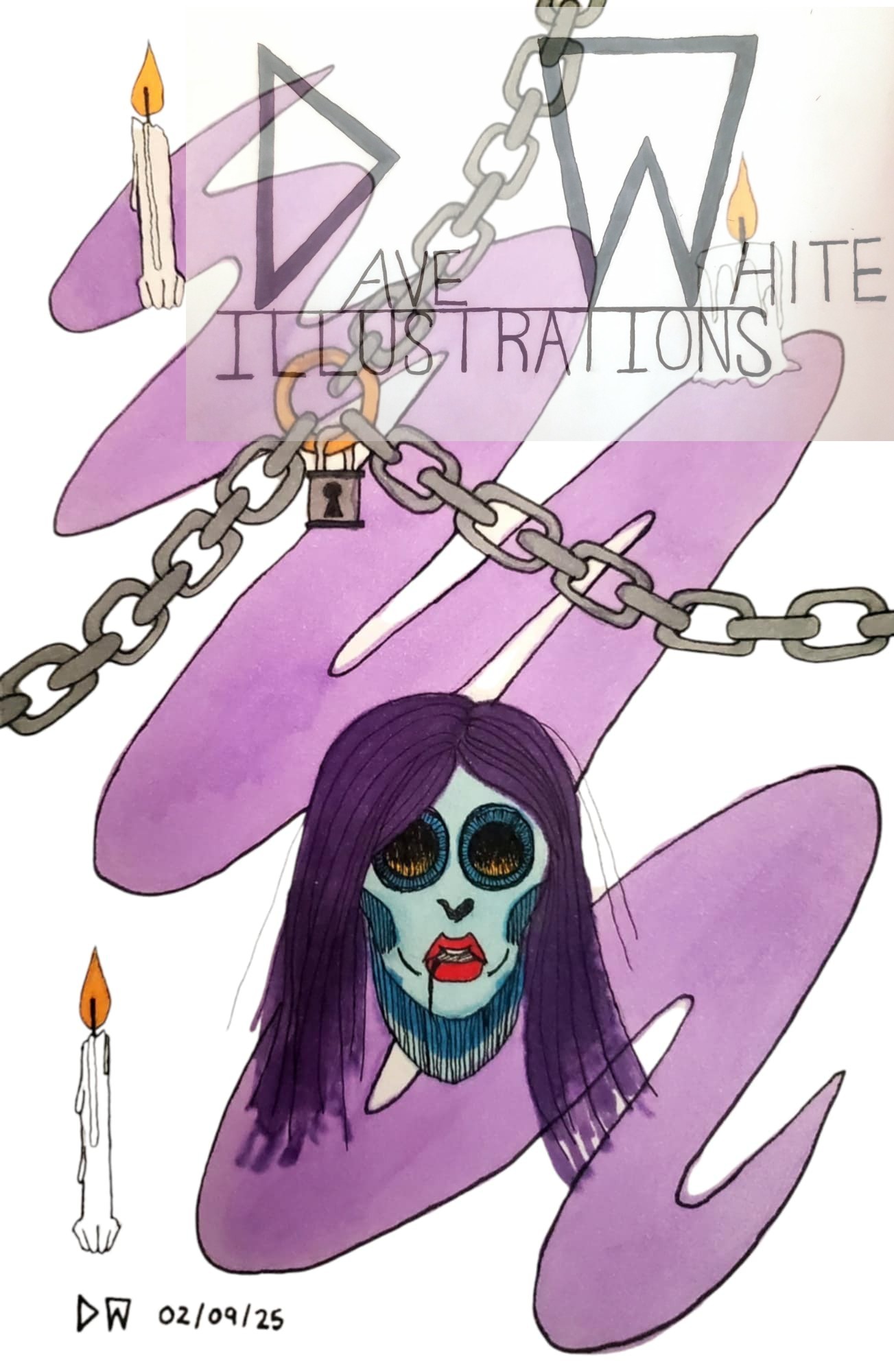Part 3 – Unveiling Family Dynamics Through Richard Rodriguez’s Narrative
Decoding the Significance of the Mother’s Query About Richard Going Home
The mother’s question—“When will you go home?”—carries far more than logistical meaning. In Richard Rodriguez’s narrative, it becomes a symbol of her concern about his future, his independence, and his readiness to embrace adult responsibilities. What appears simple is revealed to be layered with love, fear, and expectation.
For Rodriguez’s mother, “going home” is not merely about physical return but about the journey into adulthood: establishing a stable household, securing a career, and achieving self-sufficiency. Her question embodies both cultural values and maternal hopes, reflecting her desire for Richard to step fully into a life of respectability and stability.
This subtle inquiry conveys her anxiety that he has not yet reached the milestones she associates with success. Her question, therefore, is both gentle and pointed—a reminder of her standards and the unspoken pressure to align his life with the pathways of his siblings, who seem to embody those expectations.
By placing this moment within the context of a Christmas gathering, Rodriguez heightens the contrast. The warmth of the holiday celebration collides with the tension of his mother’s inquiry, underscoring the reality that even in times of joy, parental concerns linger. Her question becomes not just a request for information, but a symbolic act of love expressed through worry.
Exploring the Theme of Adult Responsibilities and Familial Obligations
Rodriguez’s use of his mother’s question highlights broader themes of adulthood, responsibility, and obligation. In many cultures, moving out, securing financial independence, and beginning one’s own household mark the true transition into maturity. These milestones are seen not only as personal achievements but as affirmations of family values and social respect.
For Rodriguez’s mother, asking when he will “go home” is a way of gently asking whether he is prepared to step into these roles. Her words reflect the deeply ingrained belief that children’s successes are inseparable from the sacrifices of their parents. In this sense, her inquiry is not just maternal—it is cultural, communal, and symbolic.
This theme resonates universally. The pressure to balance personal aspirations with family and societal expectations is familiar to many. Rodriguez portrays how such pressure can lead to quiet feelings of inadequacy and self-doubt, particularly when one senses they are lagging behind siblings or peers. The question becomes not just about readiness but about worth, belonging, and identity.
At the same time, Rodriguez’s narrative demonstrates how such questions, though heavy, are rooted in care. His mother’s inquiry is an act of love, however indirect. It reflects her investment in his future and her hope that her efforts as a mother will bear fruit in his stability and success.
Through this exploration, Rodriguez emphasizes that familial obligations are not only about meeting practical benchmarks but about carrying forward legacy and values. Her question becomes both a challenge and a blessing: a call to responsibility tempered by love.
Conclusion
Rodriguez’s mother’s question about “going home” encapsulates the tension between maternal love and expectation, between cultural norms and individual freedom. What seems like an ordinary inquiry is transformed into a symbol of adulthood’s demands and the enduring weight of family hopes.
By unpacking this moment, Rodriguez reveals not only his mother’s concern but the universal struggle of growing up under the gaze of parental expectation. The narrative reminds us that such questions, while often heavy, stem from care—and that in navigating them, we confront both our families’ dreams and our own.
Poetic Bipolar Mind: Reading the Question as Poetic Symbol
The question of “going home” reverberates beyond Rodriguez’s story and into the spirit of Poetic Bipolar Mind. Here, home is not only a physical space but a metaphor for identity, belonging, and the struggle to reconcile personal paths with family expectations.
Much like Rodriguez’s narrative, the work of Poetic Bipolar Mind gives voice to the quiet weight of parental questions, the unspoken burdens of expectation, and the invisible threads binding love to responsibility. Through poetry and reflection, “going home” becomes an image of both comfort and pressure, both refuge and demand.
In this way, Poetic Bipolar Mind transforms familial dialogue into a lyrical archive. Each piece seeks to uncover what lies beneath simple words, showing how questions asked in love can echo as symbols of duty, identity, and longing. Rodriguez’s mother’s inquiry becomes a mirror for countless families, and within PBM, such echoes are turned into art—testimony to the universal search for balance between inherited dreams and self-defined freedom.





Leave a Reply